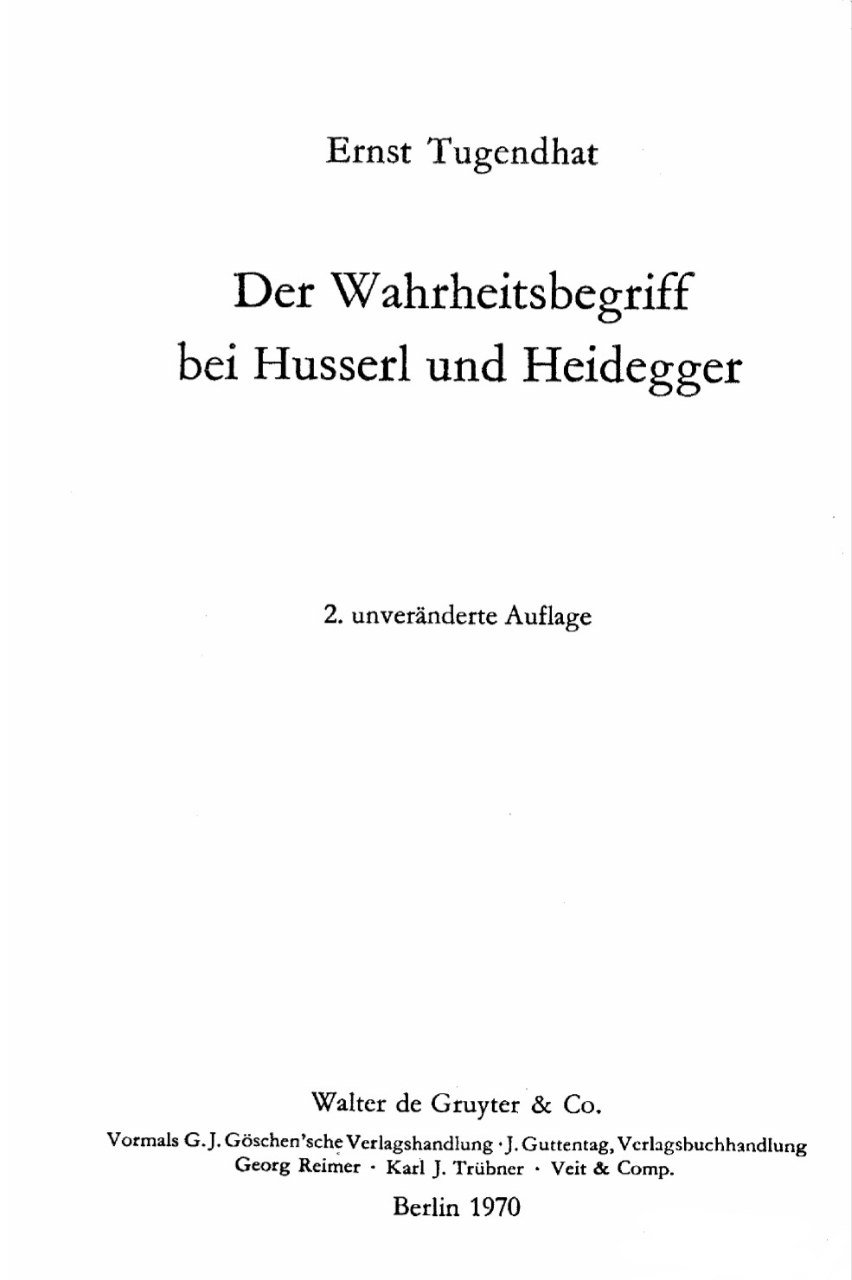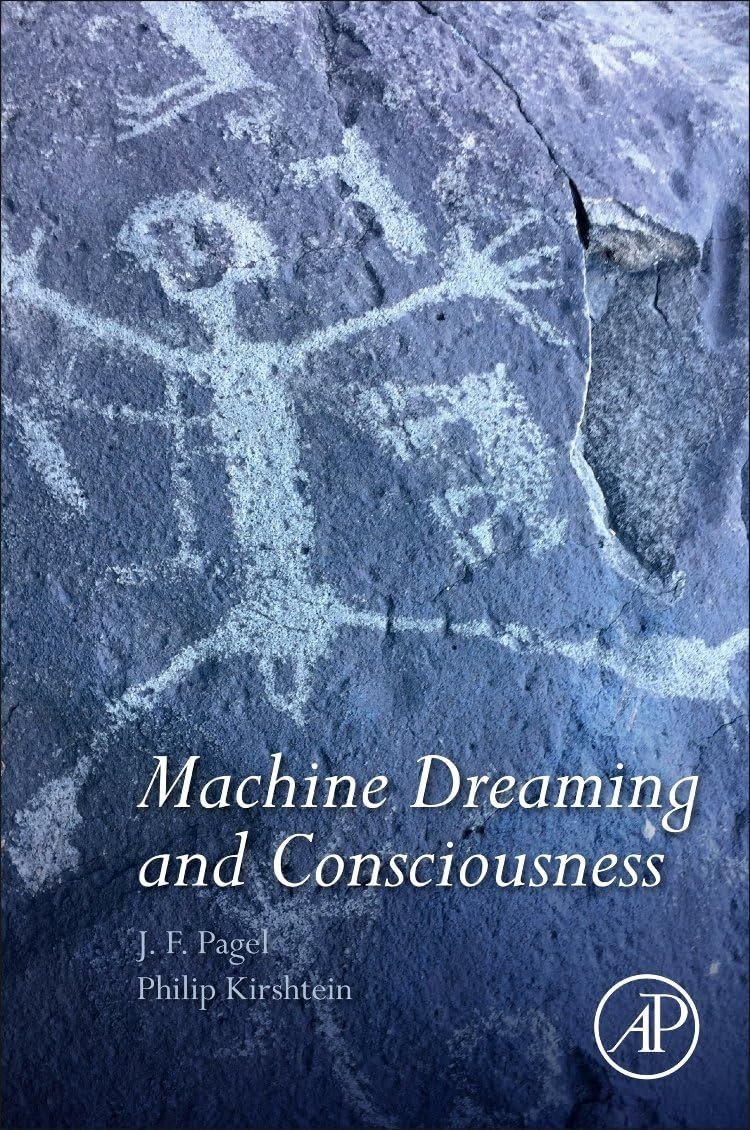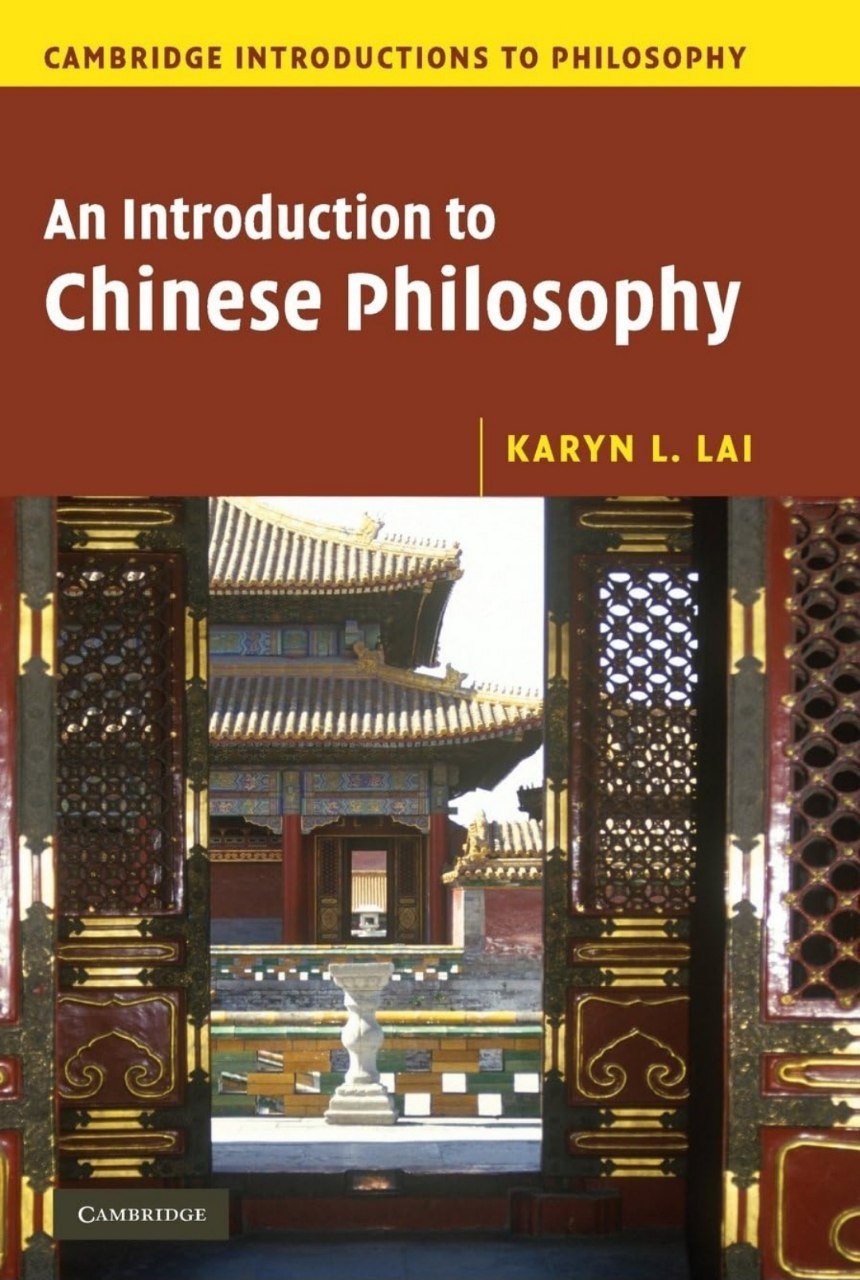

The Forms of the Affects by Eugenie Brinkema
Reviews
No review yet. Be the first to review this book!
Description
The Forms of the Affects by Eugenie Brinkema is a groundbreaking work that rethinks the relationship between affect, emotion, and form in the field of film theory and cultural criticism. Unlike traditional approaches that focus on affect as something raw, bodily, or pre-linguistic, Brinkema argues that affect should be understood through its formal qualities—its structures, shapes, and patterns—as they are articulated in film, literature, and other media. In this ambitious and intellectually rigorous book, Brinkema engages deeply with Continental philosophy, psychoanalytic theory (particularly Lacanian), and literary theory, bringing an original and provocative perspective to debates about the affective turn in cultural studies. She challenges the tendency to equate affect with something that escapes representation or structure and instead insists that affect is fundamentally tied to form—to how texts and images are constructed, organized, and experienced in their aesthetic dimensions. Brinkema’s close readings of films such as Michael Haneke’s Funny Games and Jonathan Glazer’s Birth, as well as literary texts like Sophocles’ Oedipus Rex and Susan Sontag’s The Way We Live Now, demonstrate how specific forms—editing techniques, narrative structures, visual compositions—create the conditions for affect. Her focus on form over content reorients how we think about emotions like grief, anxiety, horror, and disgust, arguing that these are not just bodily responses but are shaped and mediated by formal mechanisms. A major contribution of The Forms of the Affects is its rigorous critique of affect theory’s common rejection of structuralist and formalist approaches. Brinkema shows that far from being incompatible, a focus on form can deepen our understanding of affect’s complexity. Drawing on thinkers such as Jacques Lacan, Roland Barthes, Gilles Deleuze, and Baruch Spinoza, she builds a case for why affect needs to be theorized formally, not just felt. This book is highly theoretical and will appeal to readers interested in critical theory, film studies, philosophy, and literary criticism. It demands attention to both conceptual precision and aesthetic analysis, making it an important work for anyone looking to explore the intersections of emotion, ethics, aesthetics, and form in contemporary cultural theory.




























.jpeg)
.jpg)
.jpeg)


.jpg)


.jpeg)


.jpg)
.jpeg)

.png)

.jpeg)



















.jpg)






.jpg)
.jpg)







.jpg)








.jpg)

















































